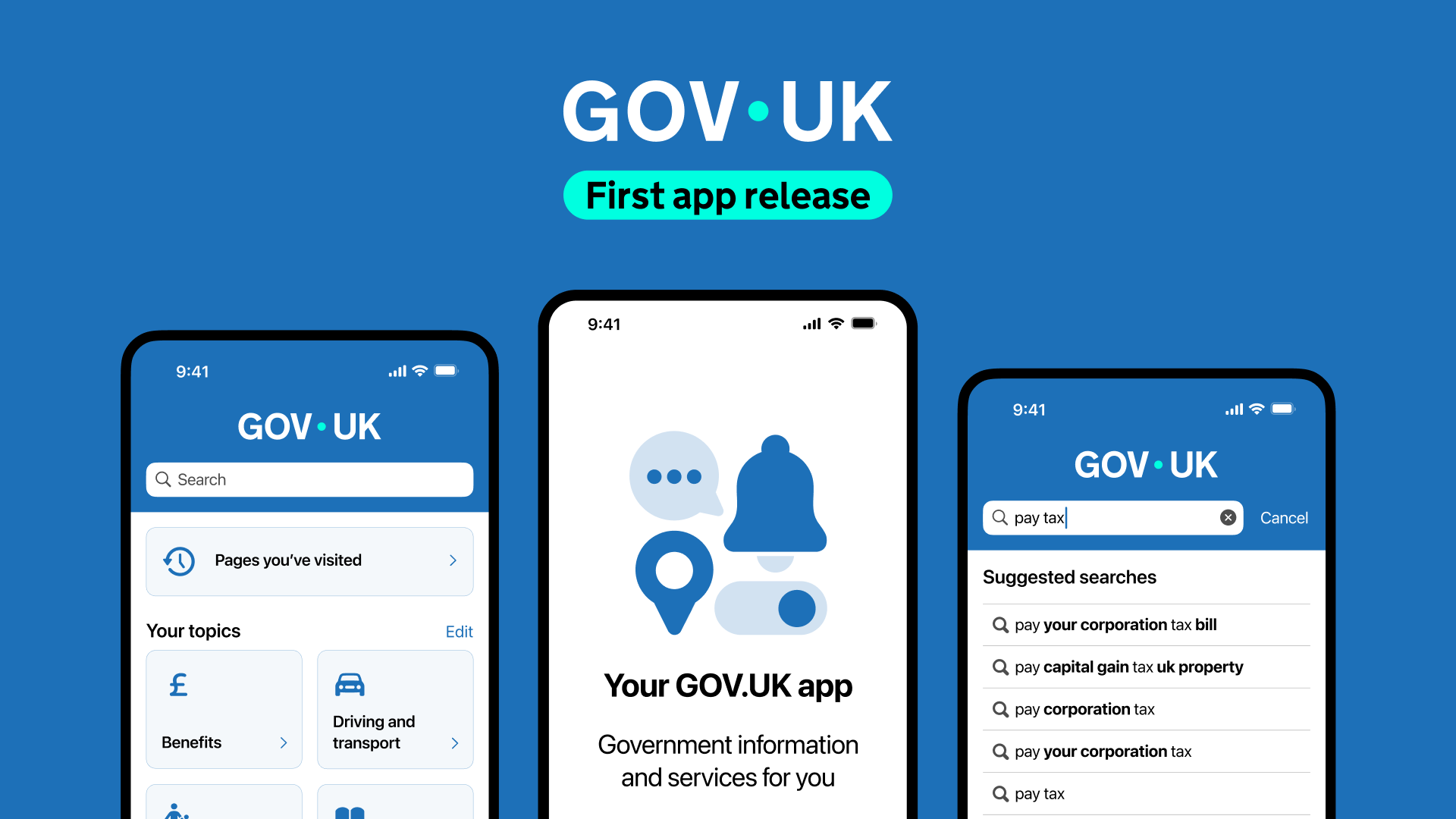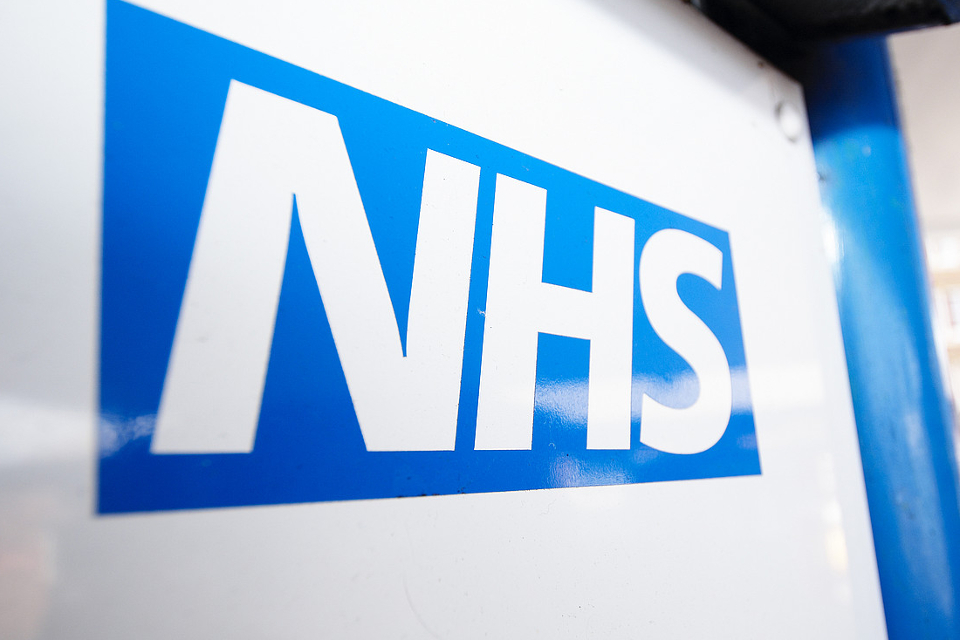The first app library to be integrated in the workflow of GPs is shortly to launch. Rachel Pugh finds out more
GPs will soon have the opportunity to prescribe clinically approved apps at a click of a button as they sit opposite a patient, with the imminent launch of the UK’s first health app library to be integrated into the GP work flow.
The EMIS App Library is soon to be launched across the country by EMIS UK – which supplies the clinical system used by 55% of GPs in the UK. Following a pilot with GPs in Merseyside, the library is set to go live shortly after Christmas with eight medically assessed products, ranging from diabetes management and medication-prompting systems, to sleep-coaching apps. Another 10 products are to be added in the in the coming months, building towards a target of 100 or more in the next year.
The project is the result of a partnership with Our Mobile Health, which provides the technical infrastructure. It has been subjecting apps to standardised analysis by clinicians and subject experts, to ensure their technical usability, effectiveness, and safety, and to make sure they are up to NHS clinical standards.
The library is designed to prompt the display of products appropriate to the needs of the patient while the GP is consulting them.
Related content
- NHS England launches platform to create marketplace and testbed for healthcare app developers
- Refreshed NHS strategy names digital exemplars and pledges to encourage app innovation
- NHS app to offer GP appointments and access to medical records
The EMIS App Library provides links to the apps. When a GP recommends an app to a patient, they are texted a link to download the app. The link will either be to the iTunes or Google Play store where they can download it directly. The GP will check with the patient whether they are using an Android or Apple phone before issuing the recommendation, so they are sent the right link.
Chief medical officer of the EMIS group, and former GP, Dr Shaun O’Hanlon said: “For patients, it is important to have GP endorsement. If they seek help it needs to be from a trusted source. The whole thing about the EMIS App Library is that patients get quality advice then and there. GPs also know that the apps that appear in front of them via their patient management system are safe and validated.”
“We thought we were very hot on clinical safety, data protection, privacy and usability – but they demanded even more.”
Justin Walter, creator of the Fixing Dad app
More than 250,000 health-related apps exist on the Apple iOS and the Google Android platforms. But the sheer number and variable quality of what is available on the open market represents a barrier to clinicians using them.
With 38 million adults – 76% of the adult population – accessing the internet every day, there has been a healthcare shift towards prevention and self-management, with the announcement of an extra £4bn in spending on digital health promised by health secretary Jeremy Hunt in 2016.
NHS Digital has also been working on its own digital app platform for the past five years, and launched a beta site in April 2017, which is receiving feedback from clinicians and patients. It currently displays 43 apps, only one of which – myCOPD – has been given full NHS approval. The launch date for NHS App Library’s full site is autumn 2018. The delay has been caused by a decision to refine the appraisal process, after the withdrawal of some products amid concerns about the security of patient information.
When the finished NHS Digital site is up and running, clinicians using it will have to visit the website to find products to recommend to patients, rather than the apps being visible on their clinical system.
Senior clinical lead at NHS Digital for apps and wearables, Dr Mona Johnson, said: “NHS Digital’s Apps Library showcases a range of safe and effective products for patients, and gives healthcare practitioners another tool to help them in their work. Apps provide patients with the opportunity to actively participate in their own healthcare, tailoring it to suit. This is a powerful aid in the pocket for patients and, in such a congested marketplace, we have a role to play in pointing patients and clinicians to apps they can trust.
A developing situation
Both NHS Digital and EMIS Health want to harness the creativity of software developers. NHS Digital runs a website encouraging and guiding companies on how to submit new ideas.
The focus for app developers is to have a full understanding of the disease area they want to address, to maximise the usability of the product, and be clear about the regulatory environment before they apply.
In EMIS Health’s case, partner Our Mobile Health subjects all apps to a standardised vetting process involving individual users and a panel of experts. This ensures their compliance with nine different standards of effectiveness, safety, and security. Those apps not given the immediate rubber stamp on all counts are given feedback to help them make their product fit for purpose.
The evaluation process has proved a positive experience for some software developers.
“For patients, it is important to have GP endorsement. If they seek help it needs to be from a trusted source.”
Dr Shaun O’Hanlon, EMIS Group
Justin Walter, whose company created the Fixing Dad lifestyle change app, said: “We found it useful going through the process of responding to EMIS’ demands. We thought we were very hot on clinical safety, data protection, privacy and usability – but they demanded even more. It meant we learned a lot, rather than just ticking the boxes.”
The need for mobile heath solutions could become more acute with the growth in the elderly population, alongside a cut in health resources. A recent paper by The Lancet highlighted the possibility of saving the US health system $7bn a year through the widespread adoption of digital health applications across five patient population categories: diabetes; diabetes prevention; asthma; cardiac rehabilitation; and pulmonary rehabilitation).
Dr Johnson of NHS Digital said: “This is only the beginning, and we look forward to expanding the service for users in the future.”



